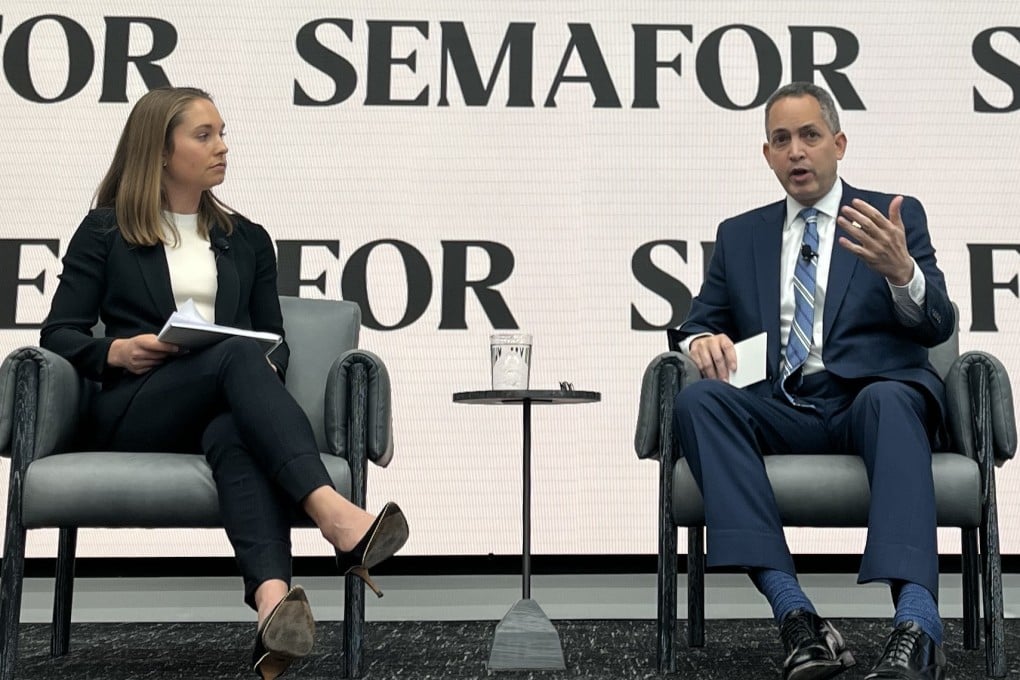US must ‘play catch-up’ to China’s investment in Africa, commerce official says
- Deputy Commerce Secretary Don Graves says that US is Africa’s ‘partner of choice’ but that federal agencies must help reduce investment risk by American companies
- China’s ambassador to the US, Qin Gang, contends that Belt and Road Initiative projects have provided many African nations crucial infrastructure

American companies considering Africa need more support from Washington to reduce their investment risk, Deputy Commerce Secretary Don Graves said in a conference in Washington organised by the news outlet Semafor, at which his comments contrasted with those of China’s top envoy to the US.
“What we’ve seen over the last five to 10 years is … a huge opportunity for the US private sector [in Africa], but it’s incumbent upon the federal government to find ways to make sure that we’re making that pathway easier for US companies,” he said. “We took our eye off the ball, so to speak, and US investors and companies are having to play catch-up.”
Speaking shortly before Qin Gang, Beijing’s ambassador to Washington, Graves knocked China’s approach to investment on the continent, which he characterised as importing “tens of thousands” of Chinese workers.
The US is “the partner of choice” among African governments, he said, because of the technologies and knowledge transfer that US companies would bring, and because of their efforts to build the domestic workforce needed to maintain their operations in those nations.
